Executive development expert Terry R. Bacon analyzes the meaningful “elements of power” at the individual and organizational levels. He offers examples of individuals who have prospered or floundered in leadership positions in literature, history, politics, pop culture and business. Each chapter concludes with a summary of key concepts and challenge questions. getAbstract recommends this delightful but occasionally repetitive read on an essential topic. Bacon adds extra utility by showing you how to become a powerful leader.
Power and Influence
To gain acceptance and be heard, you must recognize where power comes from and how you attain, cultivate and utilize it. Power does not emanate from a position of formal authority. People down the organizational chart from a CEO can wield more power, and some executives enjoy influence outside their own companies and industries.
In 1959, social psychologists John R. P. French Jr. and Bertram Raven published an essay reporting that power comes from several sources: “reward, coercion, legitimacy, referential, expertise and information.” Newer models depict organizational power as having several aspects: “role power, resource power” (including skills and talents), “information power, network power and reputation power.” At the individual level, people develop power through their “knowledge, expressiveness, attraction, character and history.” Another element is an individual’s will power or personal drive as applied to pursuit of power. Force of will is the element that elevates all other personal traits. To gain power you must possess the will to power.
Power depends on who uses it and where. You can be powerful inside your company or field of...










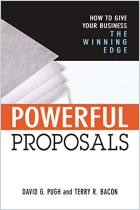
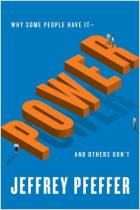
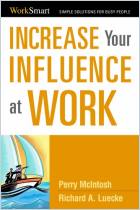
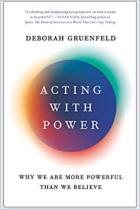
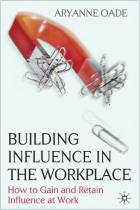

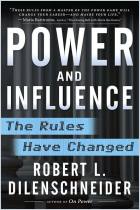




Comment on this summary or Démarrer une discussion